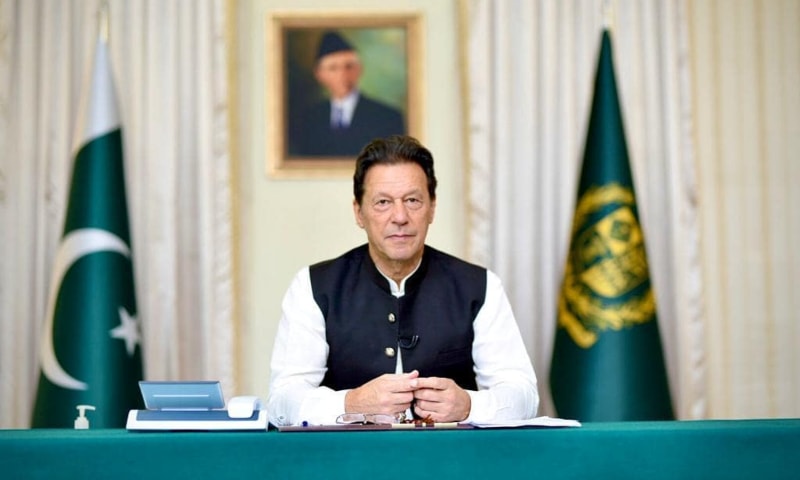Prime Minister (PM) Imran Khan and his ruling party are being criticised by the Opposition after a scrutiny committee of the Election Commission of Pakistan (ECP) reported that the party received funding from foreign nationals and companies, under-reported funds, and concealed dozens of its bank accounts.
Lashing out at the premier, Pakistan Muslim League-Nawaz (PML-N) president Shehbaz Sharif said, “Truth has a strange way of exposing people. The facade of ‘Sadiq aur Ameen’ [Truthful and honest] has been shredded into pieces.”
The Current reached out to the legal experts to understand what will happen to PM Khan’s stance of being truthful and honest and will the Supreme Court (SC) disqualify him.
It is being speculated that the ruling PTI may only face confiscation of funds but another notion is that the election commission can take action against the party head under the corrupt practices clause of the election act.
Former Additional Advocate General Punjab and Advocate Supreme Court, Faisal Hussain Chaudhry while speaking to The Current said, “The Prime Minister cannot be declared or disqualified in this aspect. This aspect has been dealt with by SCP. Secondly one has to see whether the accounts were concealed.”
“The party chairman submitted the accounts which were duly audited by a chartered accountant. It’s not his own, he just submitted the documents,” said Hussain.
“Similar cases which contain the same allegation, more or less, are on Nawaz Sharif and Asif Ali Zardari are also pending. So, whatever the consequence of this case would be, it will be applicable to the other parties as well,” said Hussain.
Reema Omer, a legal adviser for the International Commission of Jurists (ICJ) in a conversation with The Current said, “A question that arises from this case is whether PM Khan would cease to be “honest and Ameen” under Article 62(1)(f) of the Constitution if the ECP finds the PTI had received foreign funding, given that as head of the party, he issued certificates pledging that the PTI received no funds from any source prohibited under the law.”
“Supreme Court’s interpretation of Article 62(1)(f) has been arbitrary and inconsistent, which makes it difficult to predict how such a plea would be decided,” she added.
“However, given the dangers inherent in the SC disqualifying members of parliament on vague and subjective grounds and making declarations about their honesty, such a provision should be construed narrowly. It is time laws such as Article 62(1)(f) are repealed or read down — not given more teeth,” said Reema.
“Imran Khan’s disqualification was one of Hanif Abbasi’s prayers in the petition before the Supreme Court. The SC did not give any definitive answer and left it open, to be determined once the issue of foreign funds is decided,” said Reema Omer.







